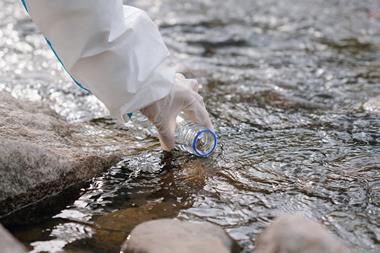Water-filled soft nanotubes have been developed for biological applications by a team of Swiss researchers.
Water-filled soft nanotubes have been developed for biological applications by a team of Swiss researchers.

Until now polymer nanotubes have only been described in organic solvents. Wolfgang Meier and his team from the University of Basel have synthesised water-filled soft nanotubes via the self-assembly of amphiphilic triblock copolymers. The nanotubes produced have very high chemical and mechanical stability that, Meier advises, can be enhanced by crosslinking polymerisation. The tubes even maintain their shape when dry or in organic solvents.
Meier says that the versatility of polymer chemistry would allow researchers to tailor the chemical and physical properties of these amphiphilic block copolymers. He anticipates that these nanotubes could find applications as vehicles for controlled drug release.
Helen Fletcher
References
J Grumelard, A Taubert and W Meier, Chem. Commun., 2004 (DOI: 10.1039/ <MAN>b405671j</MAN>)






No comments yet